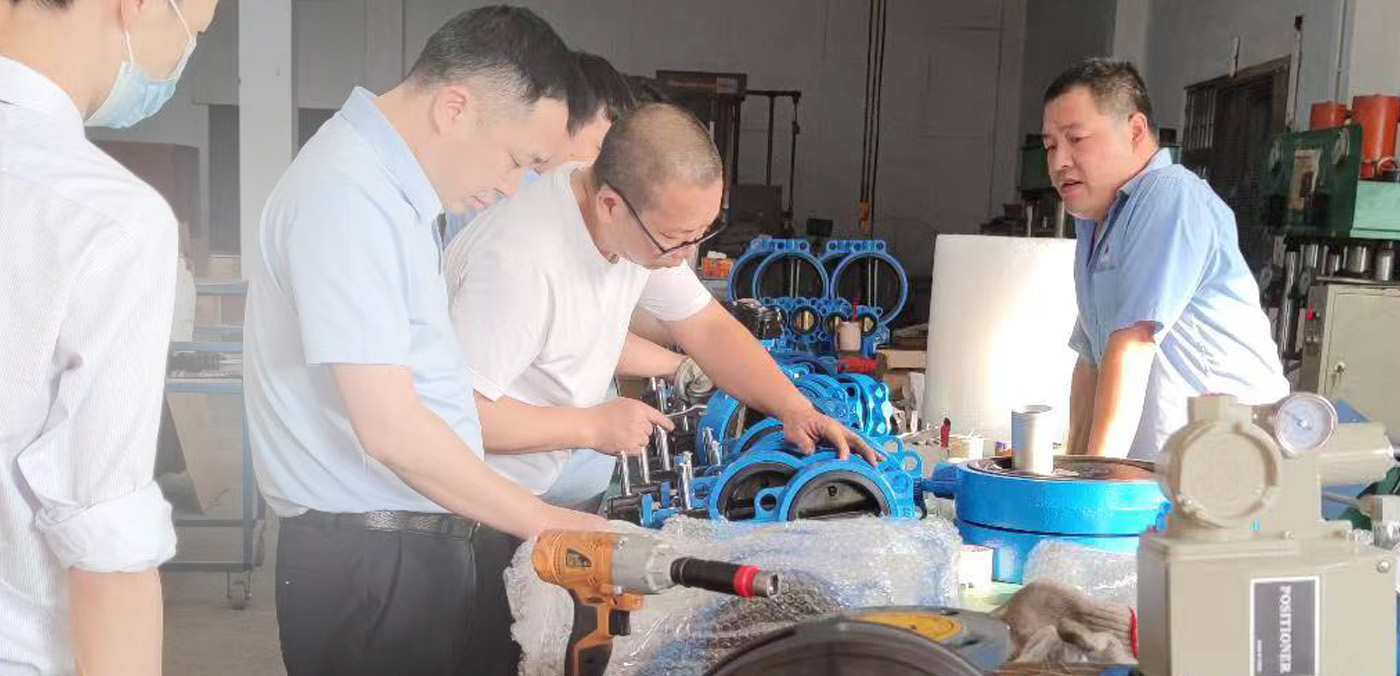
Telephone:0755-26648581/26648781 mobile phone:18033428604
Working principle
For a long time, corrosion is one of the most troublesome hazards of chemical equipment. If you are careless, you may damage the equipment, or cause accidents or even disasters. According to relevant statistics, about 60% of the damage of chemical equipment is caused by corrosion. Therefore, when selecting chemical valves, we should first pay attention to the scientificity of material selection. There is usually a misunderstanding that stainless steel is a "universal material". It is very dangerous to hold stainless steel valves regardless of medium and environmental conditions.
Here are the key points of material selection for some common chemical media:
sulphuric acid
As one of the strong corrosive media, sulfuric acid is an important industrial raw material with a wide range of applications. Sulfuric acid with different concentration and temperature has great corrosion difference on materials. For concentrated sulfuric acid with concentration above 80% and temperature less than 80 ℃, carbon steel and cast iron have good corrosion resistance, but it is not suitable for high-speed flow sulfuric acid and is not suitable for pump valve materials; Ordinary stainless steels such as 304 (0Cr18Ni9) and 316 (0Cr18Ni12Mo2Ti) are also limited to sulfuric acid medium. Therefore, the pump valve for transporting sulfuric acid is usually made of high silicon cast iron (difficult to cast and process) and high alloy stainless steel (No. 20 alloy). Fluoroplastics have good resistance to sulfuric acid, so using fluorine lined valve is a more economical choice.
hydrochloric acid
Most metal materials are not resistant to hydrochloric acid corrosion (including various stainless steel materials), and molybdenum containing high silicon iron can only be used for hydrochloric acid below 50 ℃ and 30%. In contrast to metal materials, most non-metallic materials have good corrosion resistance to hydrochloric acid, so lined rubber valves and plastic valves (such as polypropylene, fluoroplastics, etc.) are the best choice for transporting hydrochloric acid.
nitric acid
Most general metals are rapidly corroded and damaged in nitric acid. Stainless steel is the most widely used nitric acid resistant material and has good corrosion resistance to all concentrations of nitric acid at room temperature. It is worth mentioning that the corrosion resistance of molybdenum containing stainless steel (such as 316 and 316L) to nitric acid is not only better than that of ordinary stainless steel (such as 304 and 321), but sometimes even worse. For high temperature nitric acid, titanium and titanium alloy materials are usually used.
acetic acid
It is one of the most corrosive substances in organic acids. Ordinary steel will be seriously corroded in acetic acid at all concentrations and temperatures. Stainless steel is an excellent acetic acid resistant material. 316 stainless steel containing molybdenum can also be used for high temperature and dilute acetic acid steam. For high temperature and high concentration acetic acid or other corrosive media, high alloy stainless steel valve or fluoroplastic valve can be selected.

